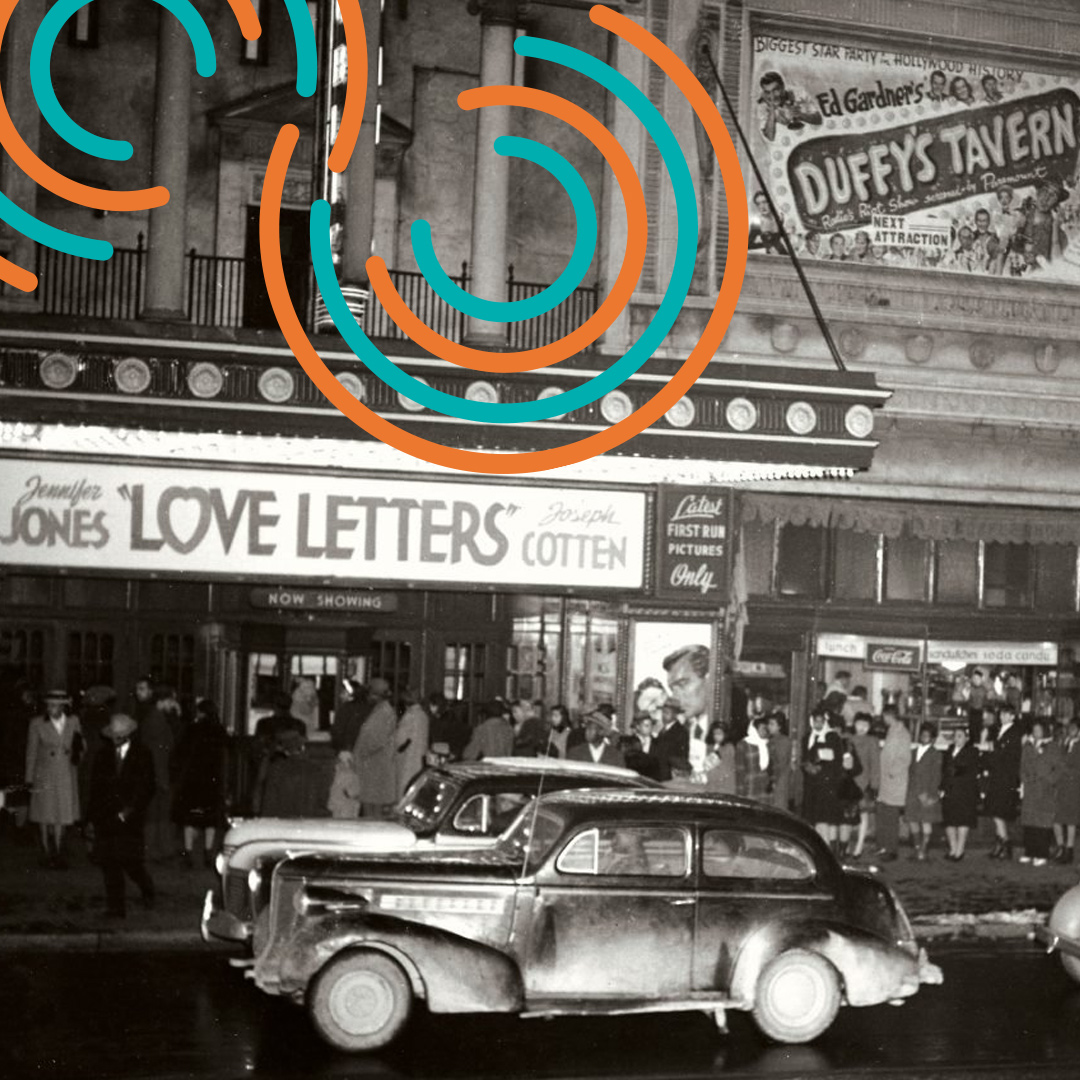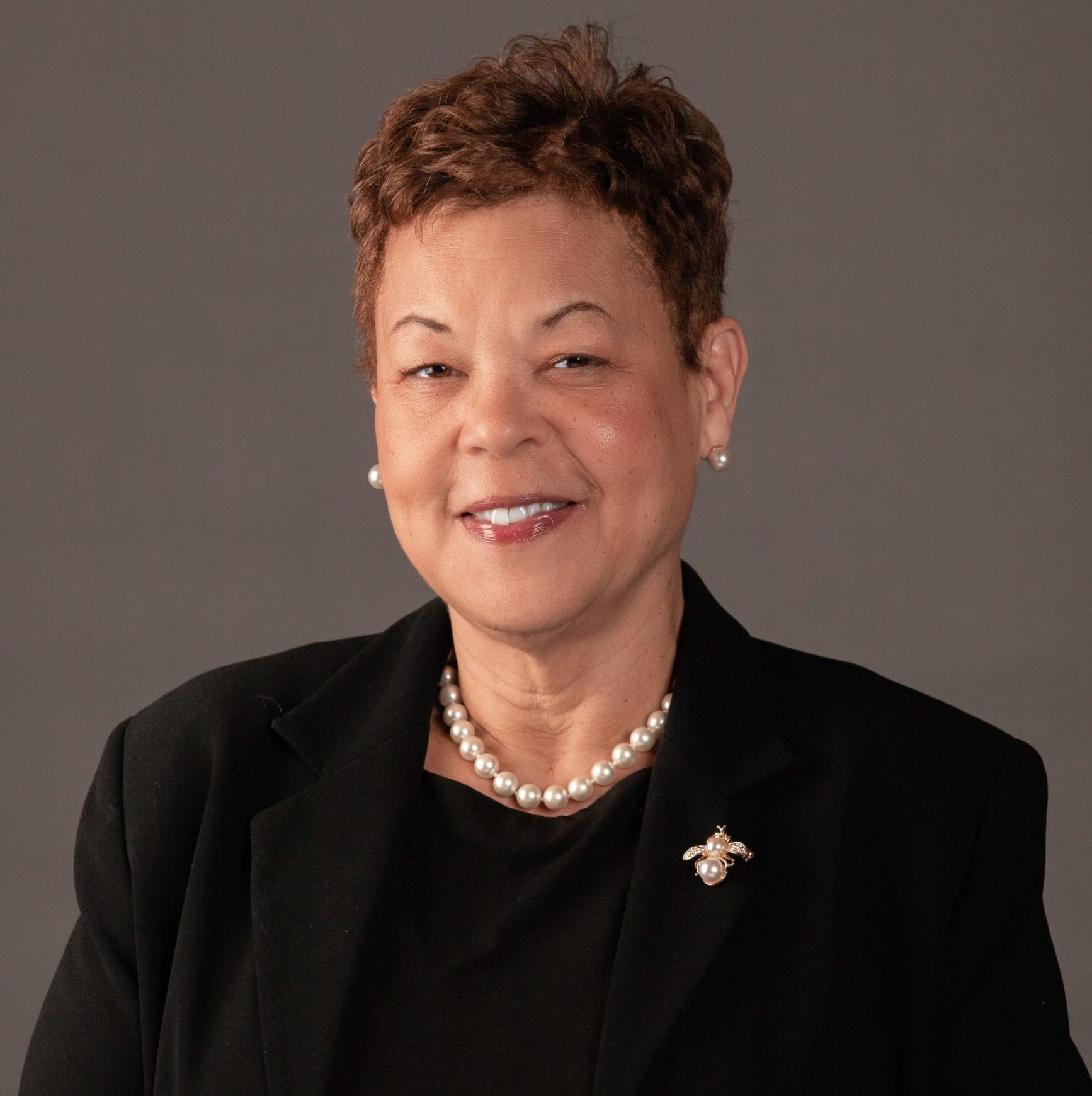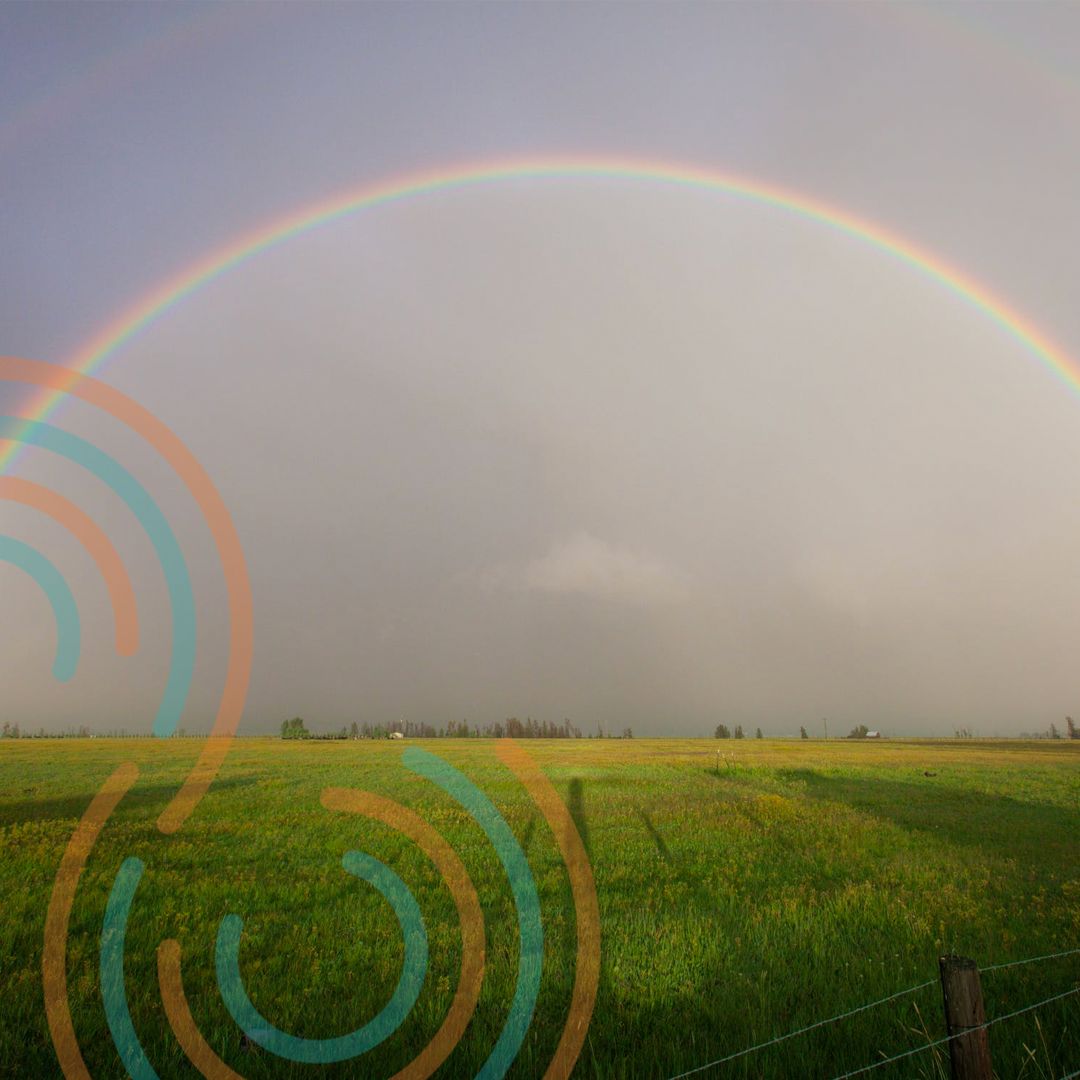While we’re continuing to navigate the pandemic, we’ve been fortunate enough to return back to some sense of normalcy within socializing. Many frequent restaurants and nightlife locations to catch up with family and friends. As a longstanding part of the Washington D.C. community, we have an understanding of the strong cultural vibrancy of the city. D.C. neighborhoods are historic, vibrant, cultural hubs for all communities. If you’re a native Washingtonian, you might be familiar with U Street as a popular nightlife destination. However, it’s important to also recognize the rich historical significance. Many don’t know that U Street was once the heart of Black culture in America, attracting patrons from all over the country, and creating a special place for locals.
The U Street corridor was known as Black Broadway, which spearheaded D.C.’s Black Renaissance and acted as a national symbol of African-American sophistication, amid racial and political tension in America. From the early 1900s into the 1950s, U Street offered African-Americans a place to start their own businesses, with no Jim Crow law restrictions. Black residents supported hundreds of black businesses, which were also funded by the city’s oldest black-owned bank. African-Americans sent their kids to the country’s first African-American YMCA, worshipped together in neighborhood churches, and launched a huge racial activism movement to fight any trace of segregation within U Street’s Corridor.

U Street was home to international jazz musician, Duke Ellington, and regularly hosted performers such as Langston Hughes, Billie Holiday, Cab Calloway, and more. At any given time, you could see the likes of Carter G. Woodson, Mary McLeod Bethune, Zora Neale Hurston, Dr. Charles Drew, among many others.
While the bustling scene died down a bit after the 1968 race riots, landmarks remain including the Famous Ben’s Chili Bowl, the Lincoln and Howard Theatres, and the African American Civil War Memorial. Because of its historic significance and contribution to American culture, the National Park Service has commemorated it by adding the Greater U Street area to the National Register of Historic Places.
Present-day, U Street has become more of a cultural melting pot and is home to large Caribbean, Ethiopian, and other ethnic communities. So, next time you’re toasting with friends in U Street, remember the trailblazers that developed U Street into the bustling business community that it is today. Consider walking past the National Register and educating yourself, or paying homage at the Civil War Memorial.


